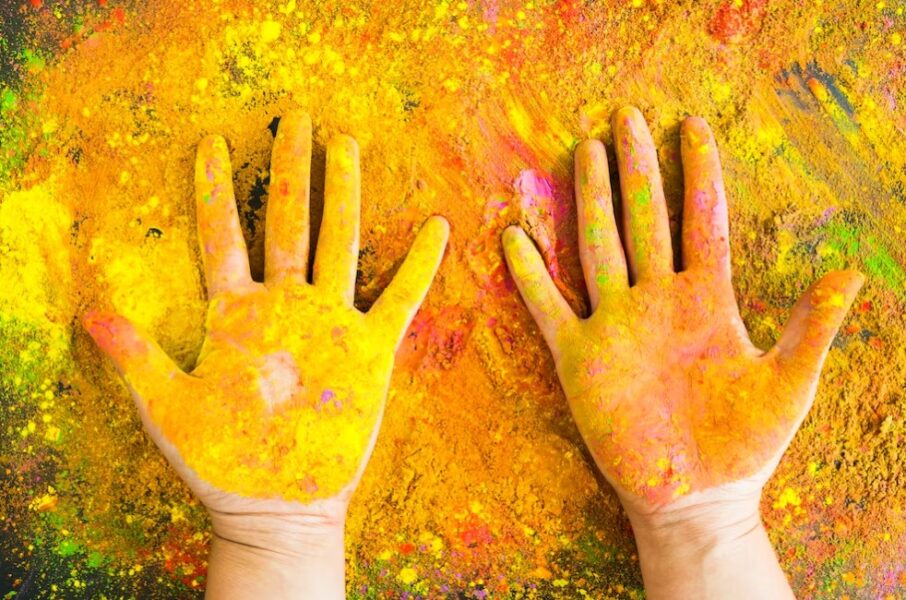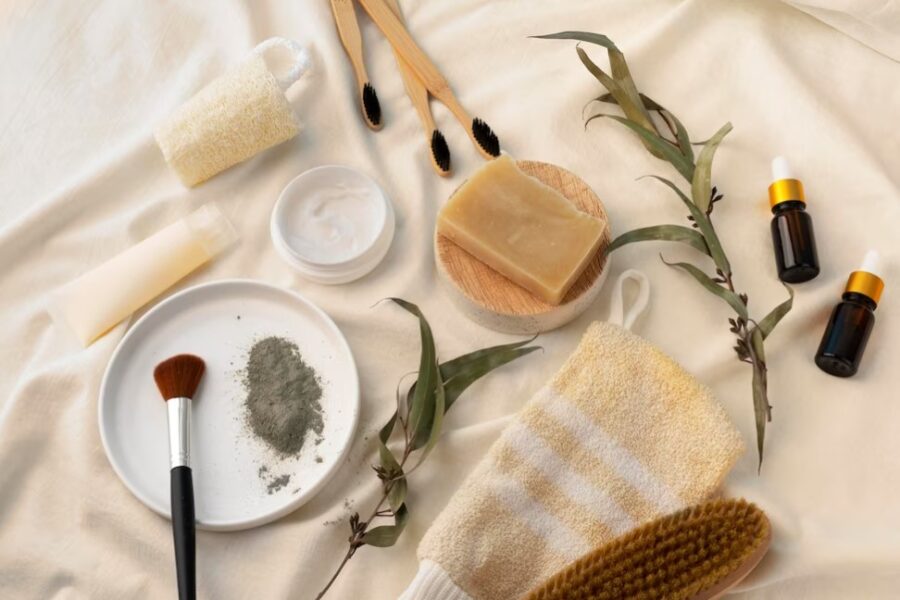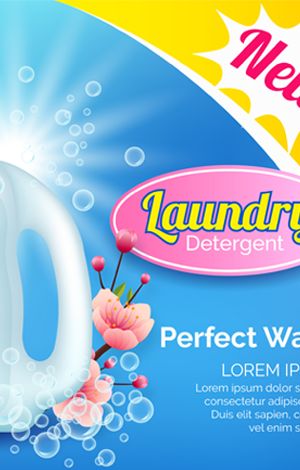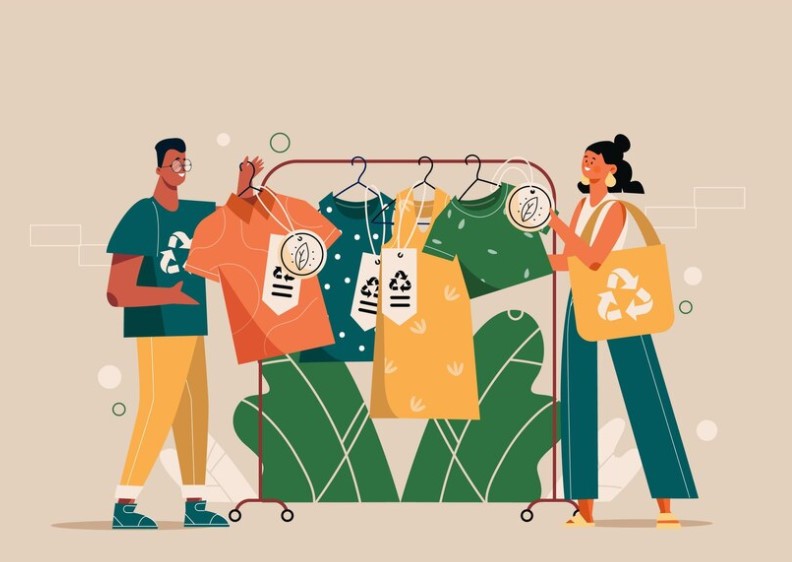
The wave of sustainable fashion has hit India, and we can say that it’s here to stay. As the woke culture takes over the nation, people are moving towards a more sustainable lifestyle. There’s a growing demand for sustainable options in all industries including fashion of course.
Fast fashion has always been a hazard to the environment and various Indian designers are moving towards a more sustainable model. Lets take a look at some of the Sustainable brands that are worth checking out:
1. Doodlage by Kriti Tula
Have you ever wondered what happens to garment waste? On average 18.6 million garments end up in landfills every year. Hence Kriti Tula has come up with an interesting solution to this problem. Doodlage is a sustainable fashion brand where they upcycle factory waste into short limited edition collections.
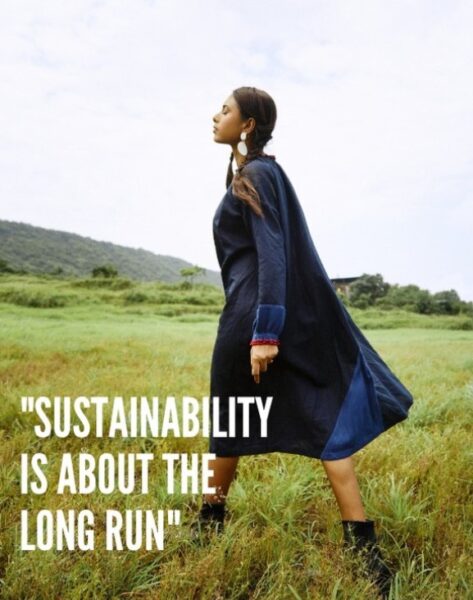
Tula, who founded Doodlage in 2012, became interested in sustainability during her internship when she came across vast piles of rejected fabric pieces and decided to take on the challenge of putting them to better use rather than discarding them. She has collaborated with a variety of fabric manufacturers from throughout India over the years, using their waste parts to create something fresh and significant, making Doodlage one of India's most unique sustainable fashion labels.
They recycle post-consumer trash and fabric scraps to make seasonless, well-finished clothing that will last a long time. They separate and transform their waste into accessories, soft furnishings, and paper for packaging and stationery. Along with packaging designed to be plastic-free, and all of their products are created with ethical production units.
2. Rasleela textiles
Have you ever wondered how garments were created before the invention of sewing machines? Heard your grandmother or great-grandmother tell you about how they used to make their own clothes? At Rasleela textiles, every product is fully hand sewn using the old age hand sewing techniques from Gujarat.
RaasLeela embraces sustainability as a way of life, mending, saving, and using less while sticking to ecologically sustainable methods. It is a brand that focuses on providing solutions. Rather than manufacturing "Just Beautiful" things, every design, material, and technique is carefully picked to fulfill a purpose. They aim to make a difference in the way they consume resources, revive crafts.
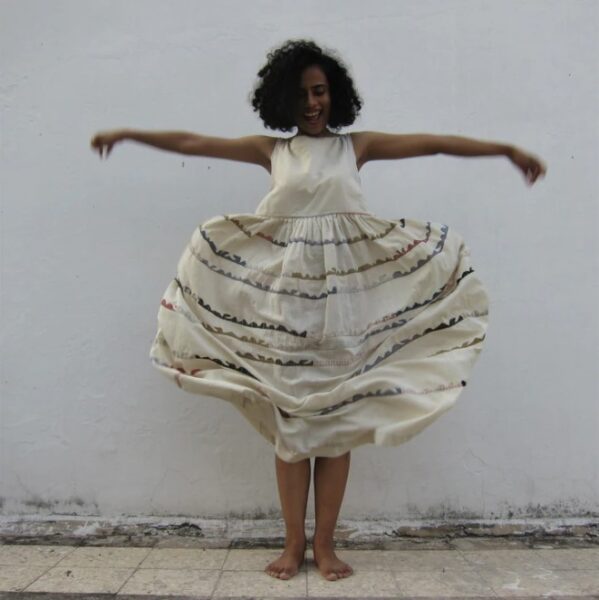
At Rasleela "Not wasting" is more essential to them than upcycling. Zero-waste philosophy and a sense of style and funstion as They believe in pre-planning design and procedure since they are . To begin with, there will be less waste. They operate a zero-waste manufacturing facility. All of the colourful fabric used in RaasLeela goods comes from scraps from their atelier, retail yardage ends, cutting waste from other ateliers, manufacturing samples, and defective and faulty textiles from weavers.
3. 11:11
11.11/eleven eleven is the brainchild of Shani Himanshu and Mia Morikawa. It focuses on sustainable techniques of manufacturing in their work with khadi and silk. They've developed Khadi Denim, 200-count Khadi Cotton, Silk, and Ahimsa Silk, which they utilize to make Their items and contribute to India's sustainable fashion movement. The designers hand-paint barks, leaves, and petals to dye their unique costumes and home décor pieces with designs.

11.11 / eleven eleven is all about craftsmanship. Some of the traditional skills used by the company are hand spinning, hand loom weaving, hand painting, tiny tie-dyeing, and quilting. They are also known for using indigenous cotton and 100 percent natural colors. The company stays true to its handcrafted philosophy by avoiding mass production and working with small groups of craftsmen all throughout India to create small batch slow-made garments. Each season, the brand blurs the lines between gender and geography; the designs are skin-friendly and easily transition from day to evening wear across countries. Relaxed silhouettes with a sartorial twist echo the brand's'seed to stitch' attitude.
4. Kaleekal
Kaleekal aspires to redefine a rigid and stale wardrobe that is confined by self-imposed constraints that adhere to conventional concepts of masculine and feminine. It is the product of Alan Alexander's persistent efforts to create quality gender-neutral apparel.
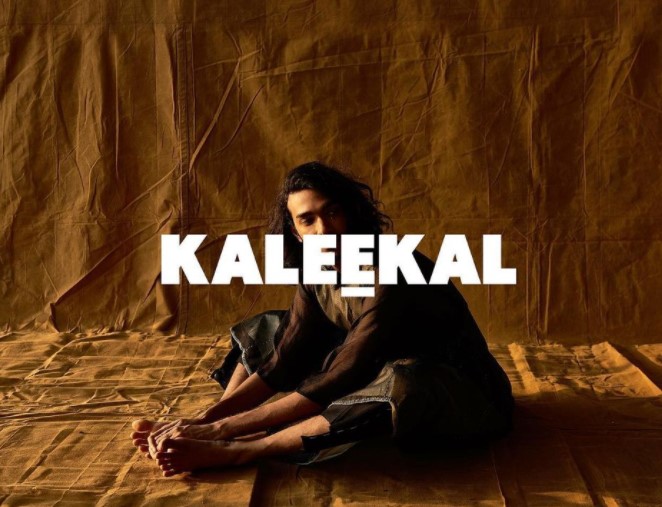
Launched in 2015, Kaleekal uses traditional Indian handlooms in ways that appeal to discriminating shoppers. The designer eventually shifted to natural materials including organic cotton, silk, wool, and line to reduce large-scale industrial waste and reliance on synthetic fibres. Hence resulting in less pesticides and chemicals being used on the land, as well as a reduction in utilization of natural resources.
5. Ecokaari
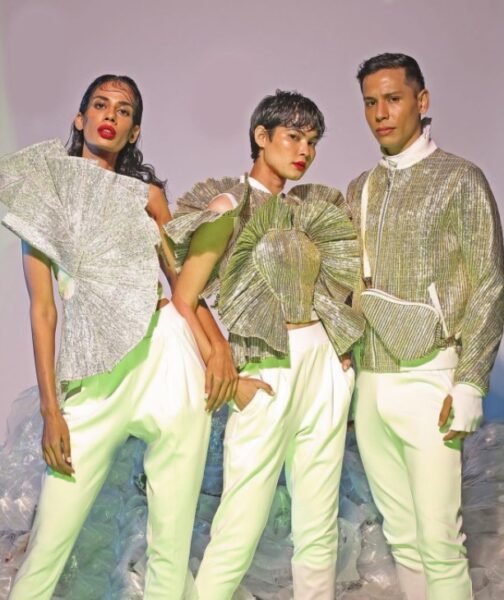
‘Eco’ means Eco-friendly, and ‘Kaari’ means Kaarigar (Artisan).
EcoKaari uses Charkha (spindle) and Handloom to upcycle waste plastic into beautiful handwoven garments. These materials are hand made by youth and women from low-income families. They develop and provide sustainable alternatives by combining ancient Indian crafts with their UPCYCLED-HANDCRAFTED textiles and contemporary patterns.
It is a social enterprise, born from an ardent desire of the team, to create a community where the bottom-up development is the key to achieve better living for all beings in a sustainable way.
You may also like 10 tips to be a sustainable traveller
6. Bhu:sattva
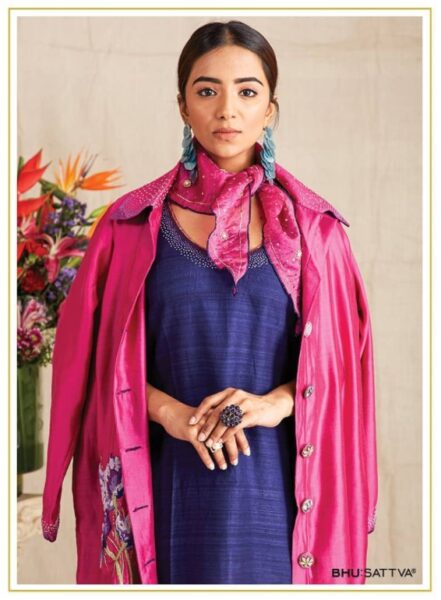
Bhu:sattva is a brand which has "started green" instead of "going green". Started in 2009, by Jainam Kumarpal, Bhu:sattva has emerged as a brand with organic, ethical and fair trade concept.
The label is all about sustainable fashion, with its 100 percent organic cotton created in Gujarat. Aside from that, the brand is increasing its R&D efforts, attempting to combine textiles derived from banana, bamboo, and even soyabean fibres with silk, khadi, and cotton.
7. B label
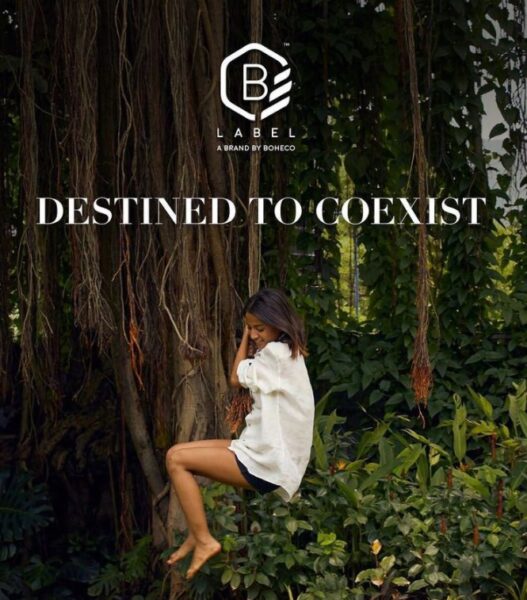
The Bombay Hemp Company is an agricultural-based company that uses hemp to reinvent the future of Indian agriculture and sustainable living. Their concept integrates this same potential with the present areas of Agriculture, Technology, and Medicine to bring together Community, Impact, and Value.
Therefore, B Label has made a conscious decision to become green. Each garment is made wit one of the world's most durable natural fibres. Hemp is UV-resistant, mold- and mildew-resistant, and has a zero carbon footprint.
8. Insom
InSom by Sejal Jain is a repurposed and sustainable clothing company that guarantees zero waste and a long-term production method. The clothing is both fashionable and comfy. The company turns scraps, faulty, and surplus textiles from large-scale organic fabric production firms into wearable art.
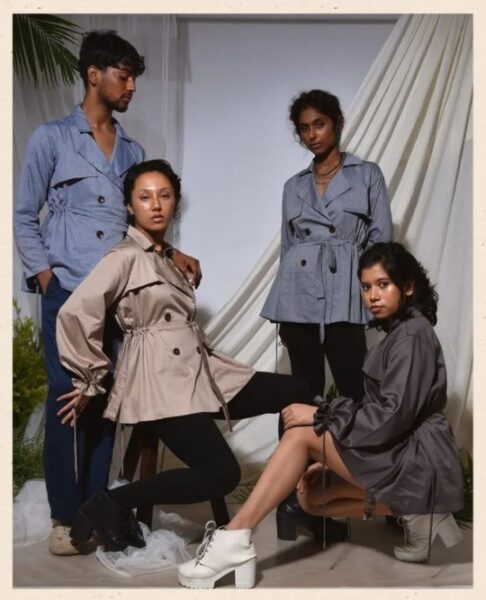
- Makes stylish outfits out of discarded, faulty textiles.
- It assists in diverting a large number of surplus unwanted textiles from landfills.
- Business model that is circular
- Zero-waste and environmentally friendly production
9. La Fuori
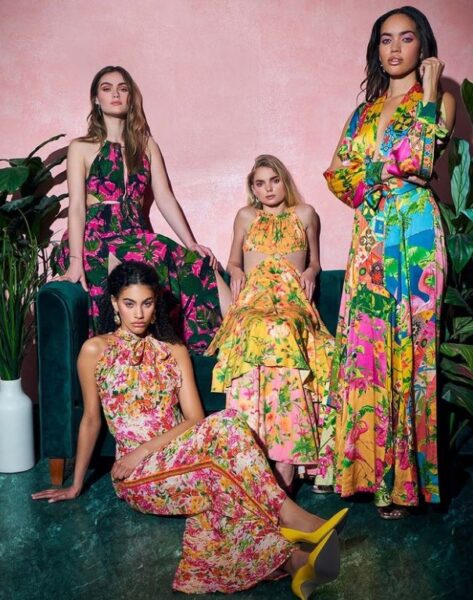
The three foundations of La Fuori are sustainability, craftsmanship, and a nomadic mindset. Vidur Adlakha of India and Riccardo Benedini of Italy founded the business with the goal of bridging cultural divides via travel-inspired designs. The goal of the label is to give back to the craftspeople as well as make beautiful garments (10 percent of their profits go directly to the weavers apart from the salaries). They include organic textiles, reusable packaging, and environmentally friendly manufacturing processes to help decrease water and pollutant pollution. The stunning colours, sophisticated shapes, and hand-embellished items have us enthralled as we connect ourselves with their clean methods.
Hi Better Earthlings, Got any sustainable stories to share?
Write to us: aradhya@thebetterearthlings.com



